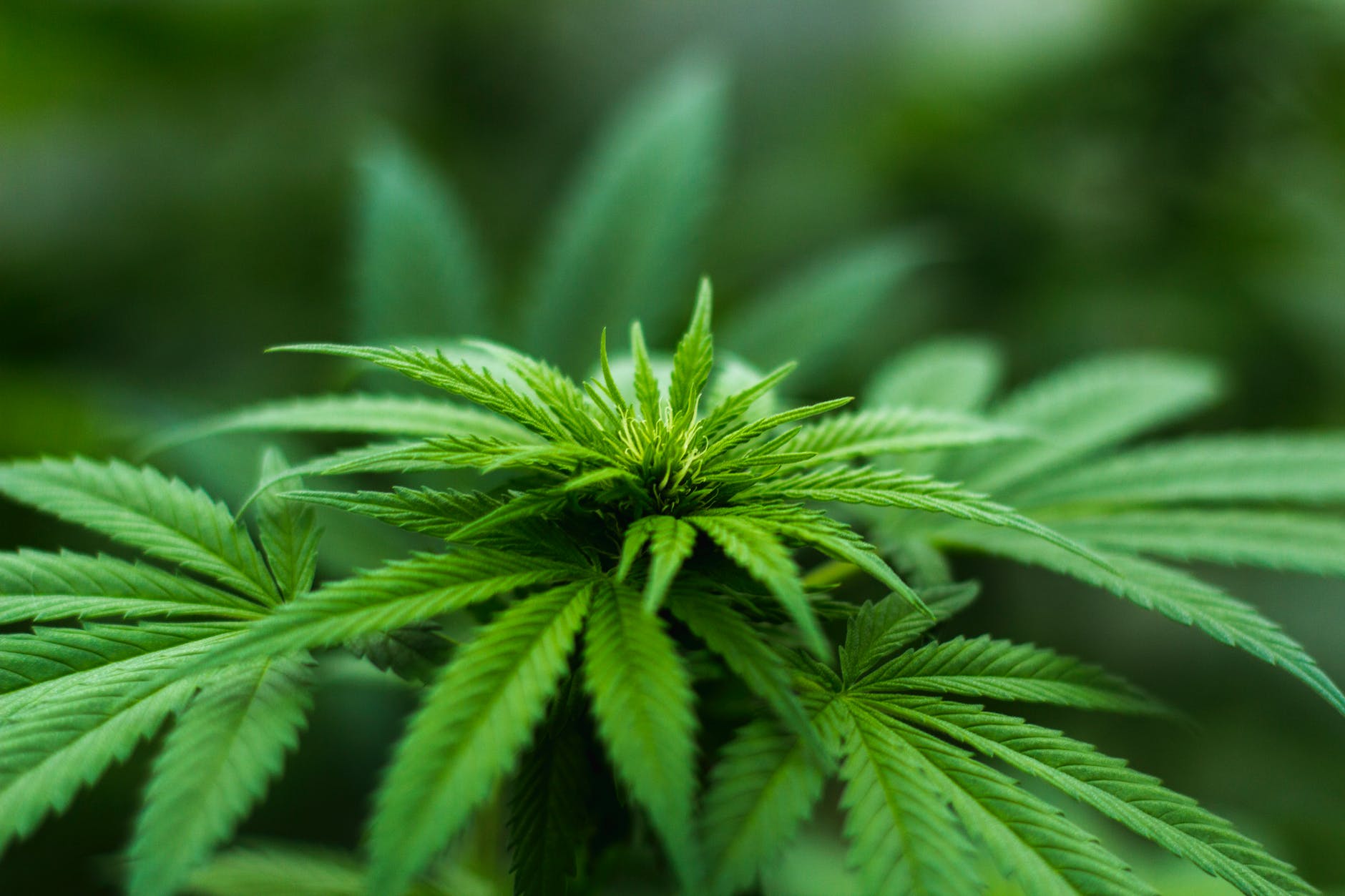
About THCA :THCA occurs when cannabigerol (CBG) is converted to THCA, before being decarboxylated to THC in the trichome of the Cannabis flower. THCA is a non-psychoactive, acidic precursor of THC which alleviates: anxiety, depression, anorexia, pain, IBS/Crohn’s, spasticity, seizure (neuromuscular), nausea, and much more without the psychoactivity of THC. Studies have even shown tumor...
